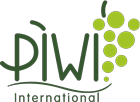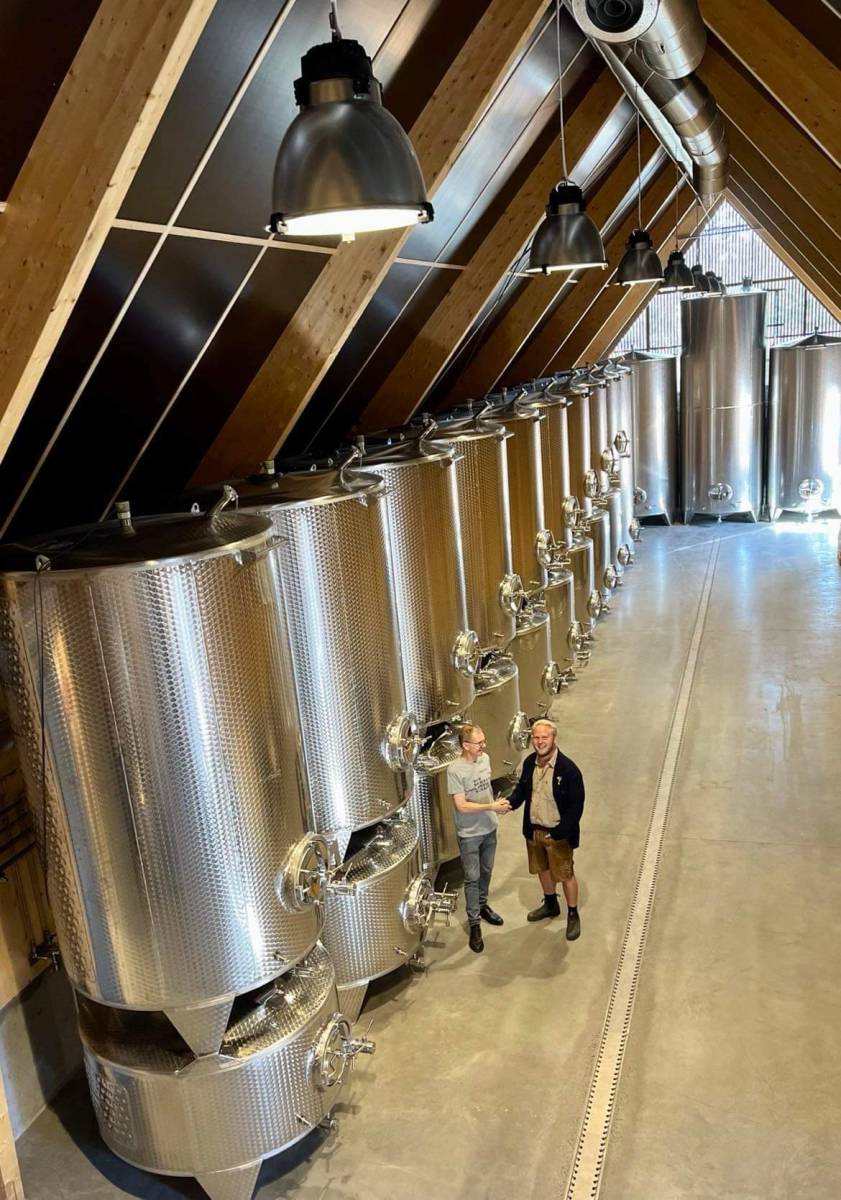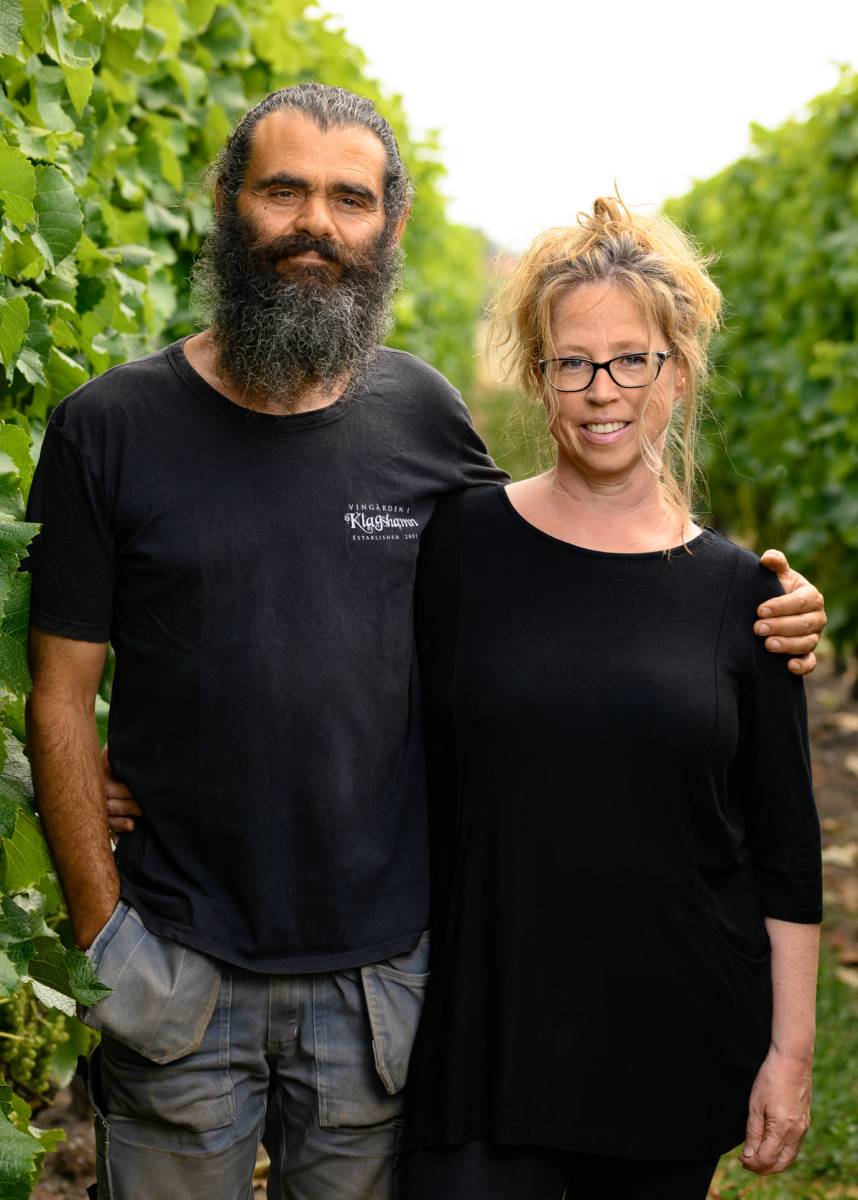Suède
Contact
- Lena Sarnholm
Journaliste & Sommelière WSET Niveau 3
+46 70 539 59 88
@sarnholmlena
Je travaille à mi-temps dans un bar à vin à Stockholm pour rester en contact avec la réalité et ce qui s'y passe. J'organise également des dégustations et j'effectue des missions de conseil.
Lena Sarnholm
Nous lançons maintenant un chapitre local pour la Suède afin de promouvoir nos vins à plus grande échelle et de collaborer sur le terrain national. Rejoignez-nous et devenez un membre de PIWI International

Nouvelles
La Suède dit oui aux ventes de vin à la ferme
Tout d'abord : après des années d'enquête, le gouvernement suédois a présenté une proposition inébranlable visant à autoriser les ventes à la ferme, c'est-à-dire aux producteurs de vin de vendre leurs vins aux visiteurs. La Suède a le monopole de l'alcool depuis 1955 et la question a toujours été controversée, mais avec davantage de producteurs commerciaux et un intérêt croissant pour le vin national, le gouvernement a maintenant présenté une troisième proposition qui devrait devenir une réalité au printemps 2025.
L'industrie vitivinicole suédoise s'internationalise
Cet été, la Suède organisera sa propre « Dégustation de vins de Paris », dans le style de 1976, opposant les vins suédois aux vins internationaux. La dégustation fait partie d'un effort visant à commercialiser le vin suédois à l'échelle internationale. Le tout porte le nom La dégustation de vins suédois 2024.
La Suède travaille pour obtenir l'IGP
Gros investissement à Kullaberg – nouvelle cave pour 100 000 bouteilles
Alors que les vendanges étaient encore en cours, l'investissement le plus sérieux de Scandinavie dans la production de vin a été inauguré - une nouvelle cave à Kullabergs Vingård d'une capacité de 100 000 bouteilles par an.
– Les boissons sont une partie importante de la gastronomie de Skånes, et il est important que nous ayons des gens qui osent investir et travailler dur, a déclaré la gouverneure Anneli Hulthén, qui a coupé le ruban bleu et jaune.
Le bâtiment, prévu depuis 2017 et dont la construction a commencé il y a exactement deux ans, ressemble à une ferme locale quadrilatère typique et, comme tout le reste de l'entreprise, est axé sur l'environnement.
– Avec une ossature en bois lamellé-collé et des murs en bois massif, nous respectons nos exigences en matière de durabilité, a déclaré l'architecte Paulina Berglund, également membre du couple propriétaire derrière Kullabergs Vingård.
Les médailles deviennent presque monnaie courante pour Fredholms Vingård en Suède.
They have only 1800 vines and got 96 points at PIWI International Challenge 2022 for their Solaris ”Elsa” – one of ten wines awarded Top Gold.
Medals are almost becoming commonplace for Fredholms Vingård in Sweden.
– It is the first time that we are submitting wine to a competition solely for PIWI. Previously we’ve wanted to compare ourselves to other wines, says Pär Fredholm at Fredholms Vingård.
The wine „Elsa“, a 100% Solaris that was first released in 2017, has previously been awarded four great golds, five golds and one silver at competitions in Spain, Germany and France. The wine has a couple of days of maceration with one third in French oak barrels before final aging for seven months in steel tanks.
– Internationally, „Elsa“ has always received over 90 points. It’s amazing that it can performs so well everywhere, all the time. Why? I think that part lies in the minerality, the saltiness and the high pH – the acid never becomes aggressive, says Pär Fredholm.
Fredholms Vingård is located, like most wineries in Sweden, in Skåne in the very south. The couple Jenny and Pär Fredholm started in typical Swedish manner on a small scale with red grapes. 25 Rondo cuttings were planted in 2002. Pär Fredholm shakes his head:
– Rondo is not our favorite grape, but at the time everyone here wanted to make red wine. However, it didn’t take long before people realized that the wine from Rondo was not that good, but that white was better suited.
However, he is much more fond of Siramé, which he hopes will get more attention in Sweden.
– It’s a fantastic grape that rarely gets sick. It’s a shame it isn’t more popular. We use it in our rosé together with Rondo, where the latter works better.
Fixed focus is Solaris. The first cuttings were planted in 2008, but it is only from vintage 2017 – the premiere vintage of the prize-winning wine „Elsa“ – that they think they have gotten to know the grape and know how to treat it.
– We prune hard for low yield, around 0.8–1 kilo per log. In the winery, we let the grape skins macerate for a couple of days before fermentation, partly to raise the pH value. Acid is indeed the backbone of all wines, but it can also be the winemaker’s worst enemy.
The 2022 harvest has just finished, and Pär and Jenny Fredholm are satisfied with the vintage, which, however, got off to a tentative start with a cold spring and early summer.
– Then came the heat – but no rain, so some here had problems with stress in their vines. Ours could handle it, so we got a normal maturity and about 13 degrees alcohol, says Pär Fredholm.
Though, he emphasizes the importance of not only looking at Oechsle. You have to look at the whole, not least the phenolic maturity.
To return to „Elsa“ and the structure behind the success. The typical saltiness and minerality – call it energy – which only seems to become more and more prominent, Pär Fredholm finds the answer in the soil. The vineyard has volcanic soil and is located near an old lime quarry.
– Now the roots are starting to dig deep and can reflect the terroir.
And why the name Elsa? After their beloved black labrador of course, always present in the vineyard to contribute positive energy to vines as well as followers on social media.
Rapport de récolte en Suède : Floraison tardive - récolte tardive
The spring was late and cold, which means a later harvest and slightly less fruit. But the quality of the Swedish grapes is reported to be good.
The Swedish winegrowers are preparing for harvest. As in the rest of Europe, the summer was hot and dry (but without an extreme heatwave). However, a cold May and thus flowering means that the harvest takes place slightly later compared to last year, plus there will be a few fewer grapes.
At Kullabergs Vingård in southwestern Sweden, their harvest of PIWI is expected to begin in October.
– The cool and late flowering means that we have a slightly smaller amount of fruit this year. But the summer was hot and dry so it looks good, says winemaker K Felix G Åhrberg, who came to Kullaberg in 2017 after working abroad. He is a trained oenologist at Klosterneuburg in Austria.
Kullaberg grows six primary varieties – Solaris, Souvignier Gris, Muscaris, Donauriesling, Pinot Nova and Cabernet Noir – but also has experimental cultivation with around 20 varieties to see what works. Until now, the focus has been on the Swedish „national grape“ Solaris, but K Felix G Åhrberg strongly believes in the new PIWI generation of blue varieties.
– In my opinion, Rondo and Regent give a bit of foxy flavor – it’s kind of like running Windows 95 on your computer. Pinot Nova and Cabernet Noir I like a lot, he says.
Pinot Nova (Blauer Burgunder x Malverina) is related to Pinot Noir and comes from Austria; Cabernet Noir is an offspring of Cabernet Sauvignon and was cultivated by Valentin Blatter in Switzerland in 1991.
Kullaberg is Sweden’s largest investment winery with a total of 14 hectares. The soil is mostly sand-mixed clay with one of the country’s oldest rock types, the pink-toned diabase Kullait. The location right by the sea is also favorable:
– We are surrounded by three seas, Öresund, Skälderviken and Kattegatt. This means that we have a mild climate with a long growing season.
A new circular winery built of wood will be inaugurated at the end of October.
– We have solar cells and our own water which we reuse. It’s 2.000 square meters and the capacity will be 100,000 bottles. Last year we made 32,000.
Just outside Malmö in the south you’ll find Vingården i Klagshamn, founded in 2001 and one of the pioneers in Swedish viticulture. Murat Sofrakis and Lena Jörgensen have 1.8 hectares, 80 percent Solaris.
– For our part, it was a cold spring with a late flowering at the end of June, and beginning of July. When summer came, it became dry – the plants were stressed, so now we are a little behind compared to previous years. We usually harvest in mid-September but are still waiting to get started.
Lena Jörgensen confirms the increased interest in Swedish wine.
– Absolutely. There is greater demand and we sell out. We accept pre-booked groups and this year we have been full. It’s a new category of people coming now, wine geeks with a solid interest.
Photos:
• The new cellar at Kullabergs Vingård, with steel tanks from Ledinegg, Austria.
• Murat Sofrakis and Lena Jörgensen, Vingården i Klagshamn.
Viticulture suédoise avec PIWI
In just over 20 years, Swedish viticulture has gone from being a hobby to a commercially recognized player with wines that win international prizes and reputation – thanks to the hardy PIWI grapes.
Sweden has around 50 commercial vineyards and nearly 200 hectare under vines. The main grape is Solaris – roughly 80% – followed by Rondo; both established PIWI varieties.




